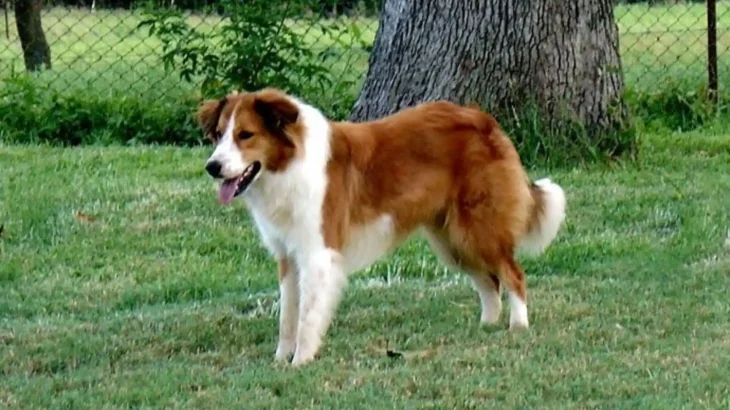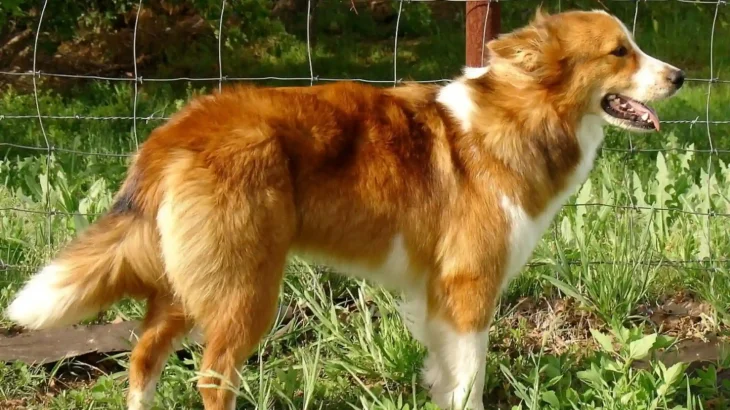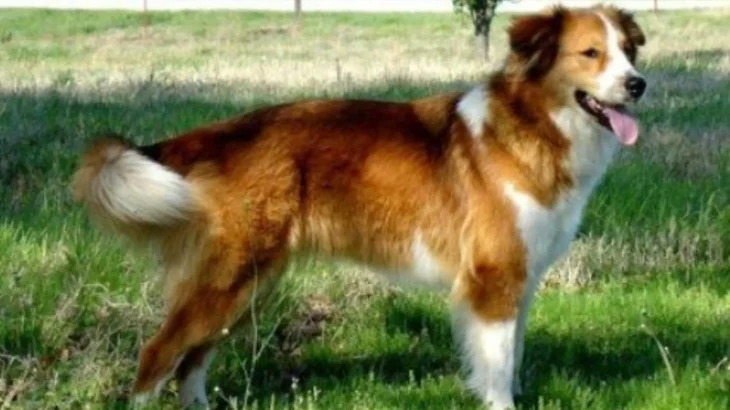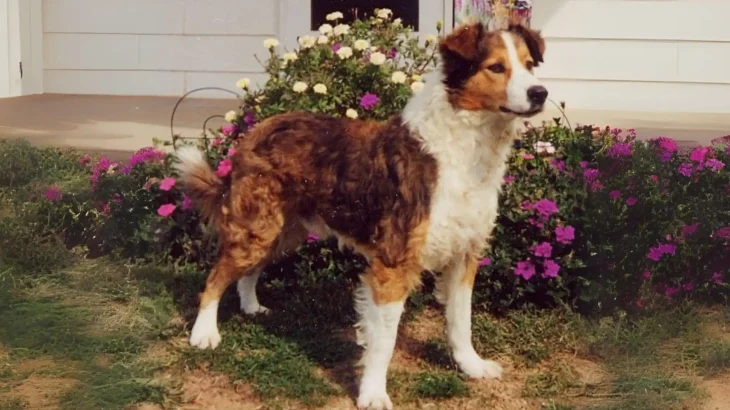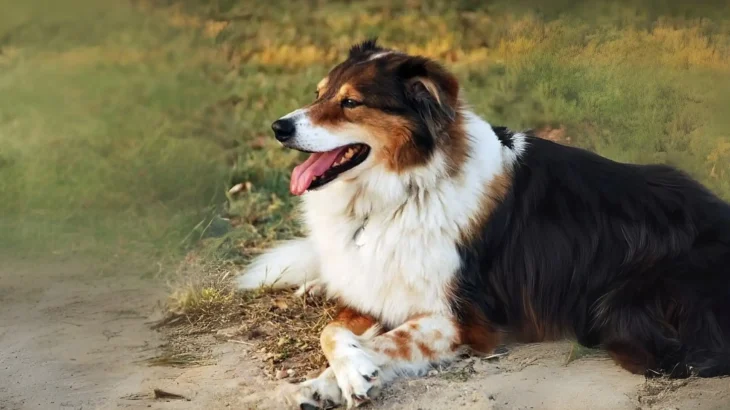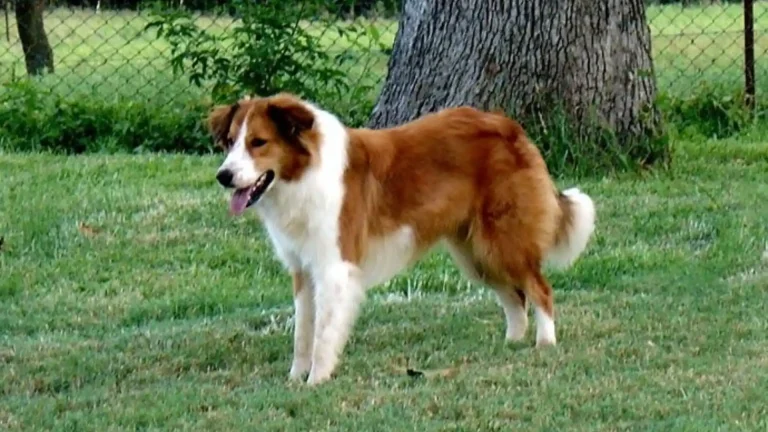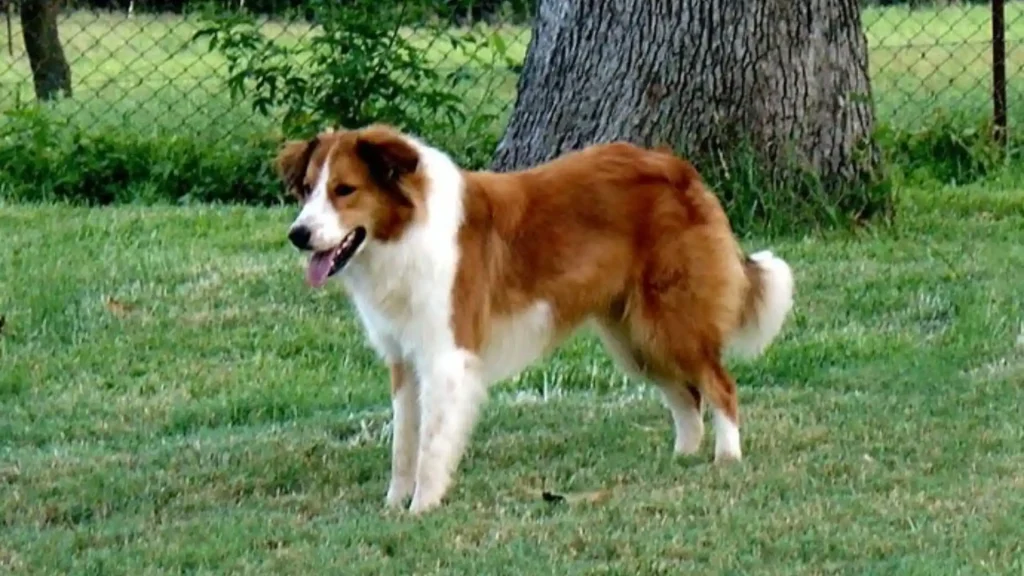When deciding to bring home an Old-Time Farm Shepherd puppy, the choice between adopting or purchasing involves weighing predictability against opportunity. Buying from a breeder tends to offer clearer insights into the puppy's lineage and health, while adopting gives a deserving dog a new chance at life.
| Criteria | Buying from Breeder | Adopting from Shelter/Rescue |
|---|---|---|
| Cost | Generally higher, reflecting purebred status and breeder investment. | Typically lower fees, often including vaccinations and spaying/neutering. |
| Health History | Comprehensive health records and genetic screening usually provided. | Health status may be less certain, though basic veterinary checks are performed. |
| Age Availability | Mostly young puppies, allowing for early bonding and training. | Wider age range, including adult dogs that can be great companions. |
| Temperament Insight | Breeders often offer valuable info on parent dogs' temperaments. | Temperament observed by shelter staff, but full background may be unknown. |
| Supporting Practices | Helps support responsible breeding programs when carefully chosen. | Supports animal welfare by providing homes to dogs in need. |
| Ethical Considerations | Important to verify ethical breeding to avoid contributing to overbreeding. | Promotes rescuing homeless dogs and reducing shelter populations. |

